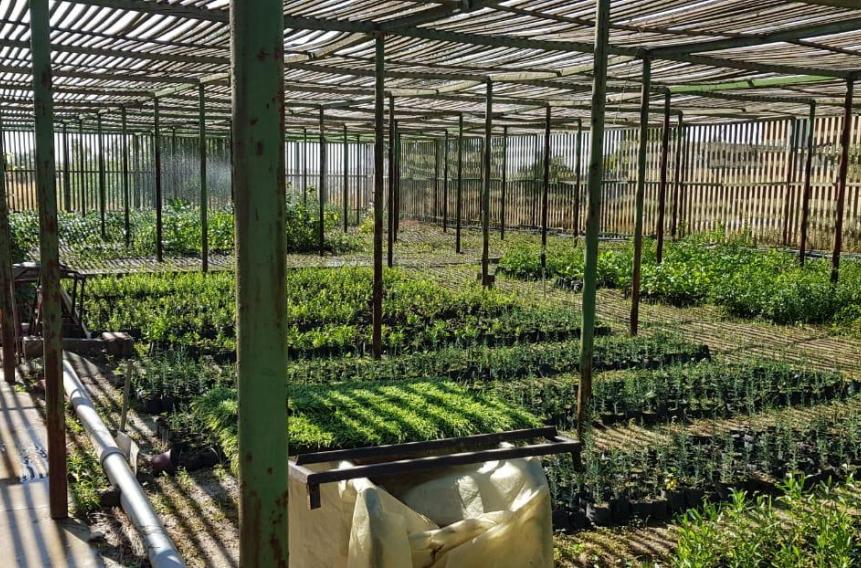Agriculture sector drives economic growth, community’s resilience, jobs creation, and improved food security in many regions.
ــــــــــــــــــــــــــــــ
Agriculture boosts economic growth and enhances food security on a global level. Food production in the Middle East, however, is heavily dependent on consumption of valuable water resources, with low productivity of water per unit reducing its contribution to national GDP. ECO Consult focuses on mobilizing sector growth in agriculture while increasing productivity, improving resource efficiency, adopting technologies, and preparing markets for scaleup and continuity. We focus on developing knowledge platforms that have solid links to businesses, education and academic centers, and extension and advisory services.
ECO Consult capitalizes on the increasing demand for more responsible and sustainable farming by supporting climate-smart agriculture and developing the skill base and capacity of farmers and businesses to adopt these practices. As innovations in irrigation efficiencies, hydroponics and aquaponics farming, and clean production technologies drive new investments in the agriculture sector, we set up platforms and communities of practice to enable stakeholders in becoming active partners in implementing and disseminating these innovations.
The agriculture sector is still using traditional methods, which has implications for climate change, water scarcity, and salinization of water and soils. ECO Consult aims to increase the sector’s competitiveness in line with market requirements through supporting farmers and businesses in the agriculture value chains to operate more efficiently. This includes spearheading activities such as supporting beneficiaries to develop business plans and build linkages with other players in the industry (such as buyers, supplying farmers, wholesale markets and processing centers). Additionally, ECO Consult assist beneficiaries form partnerships with local academia in order to benefit from value chain integration, technical support, policy alignment, and local institutional capacity building.
ECO Consult strives to set up sustainable platforms for knowledge, innovation and training that bring sector stakeholders together including universities, TVETS, farmers, community groups, industry, traders, and policy makers. We focus on building the capacity of stakeholders at different levels while adopting different approaches to ensure maximum reach. This involves initiatives such as promoting regional knowledge exchange, tailored trainings, and utilizing demonstration sites. Special focus is given to enhancing business skills of youth and encouraging agricultural entrepreneurship.
Efficient agriculture postharvest systems including packing, packaging, and organized market logistics are critical to optimizing sector development and cultivating higher economic outcomes. However, waste and losses in these systems are significant. To reduce the environmental footprint of food systems, ECO Consult builds partnerships and introduces technologies that enhance cultivation and postharvest systems. Our joint ventures with industry suppliers, research and academic institutions, and farmers increase benefits among agri-businesses and the broader agricultural sector.
ECO Consult works with growers, cooperatives, market agents, small farmers, integrators, and community-based organizations to improve market access. We adapt solutions to respond to differing market dynamics and needs, building marketing strategies based on consumer needs, and a detailed understanding of retail systems and the competitive environment. We also implement interventions around establishing quality standards, improving branding, expanding networks, and developing new channels.
Community farming is critical for sustaining livelihoods and building community resilience. In many countries, community farming provides subsistence, income, and job opportunities for women and youth. ECO Consult promotes the adoption of innovation by small and rural farmers, creates partnership opportunities in the value chains, raises consumer awareness, and supports the development of produce branding. As consumers become more aware of the importance of supporting local producers and buying local products, an important market opportunity exists to further enhance livelihoods that rely on community farming and provide value through different activities. This is why we develop community-based entrepreneurship programs, broaden the consumer base through agritourism, and strengthen skills and capacity for growth.

